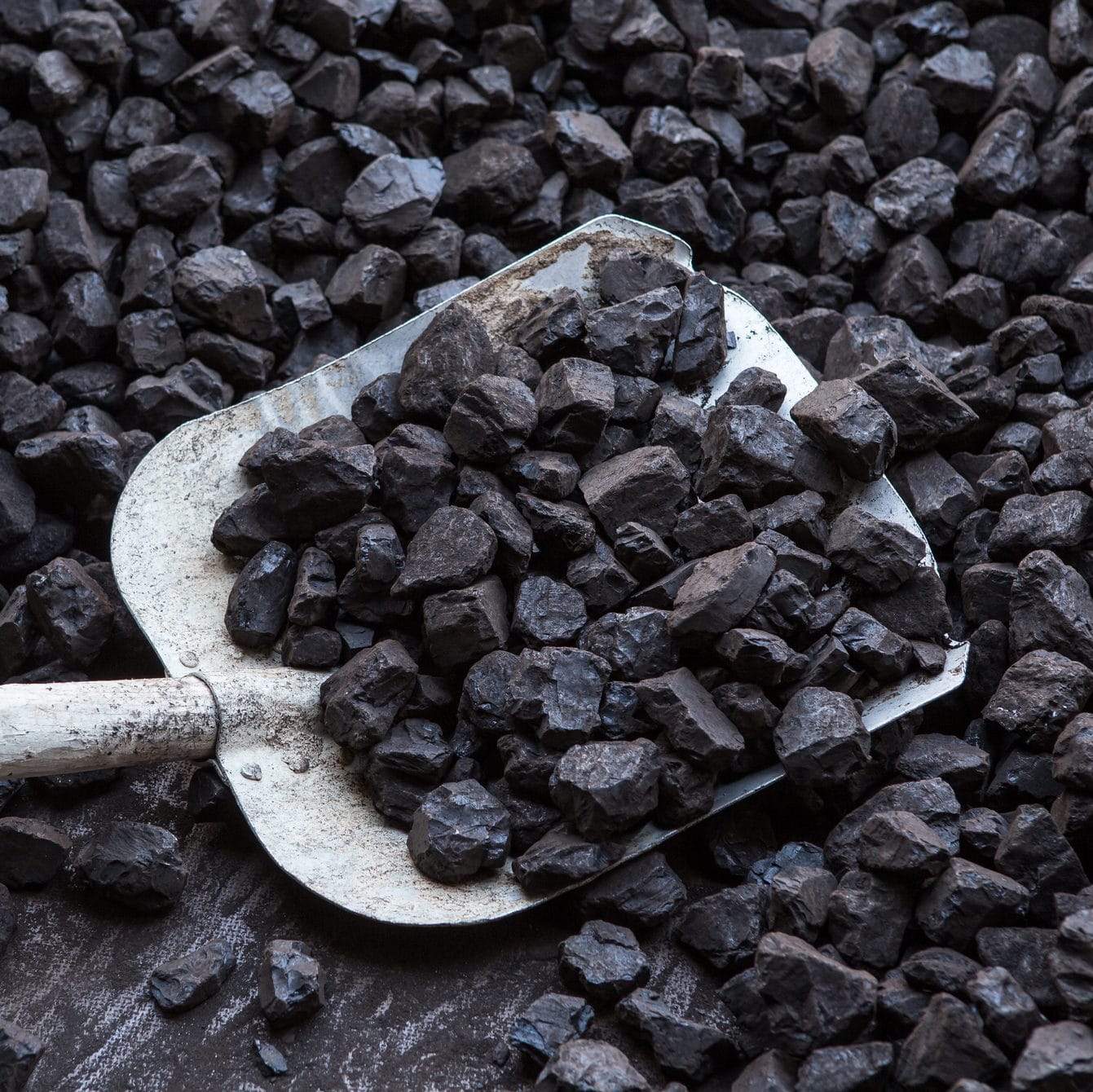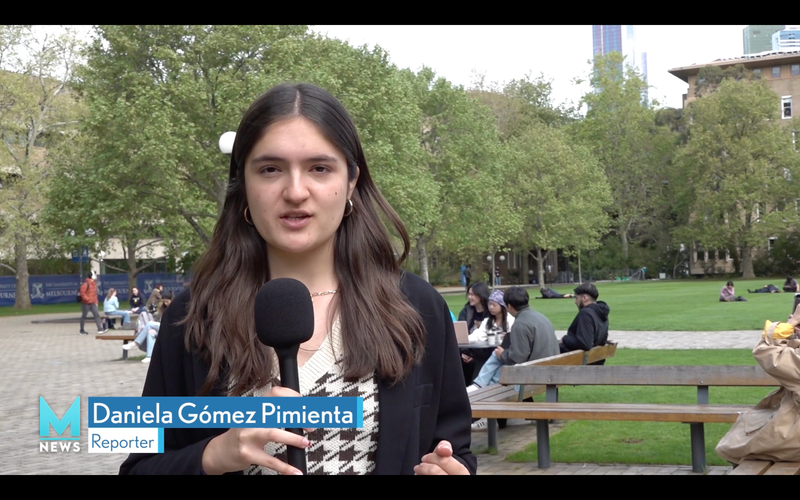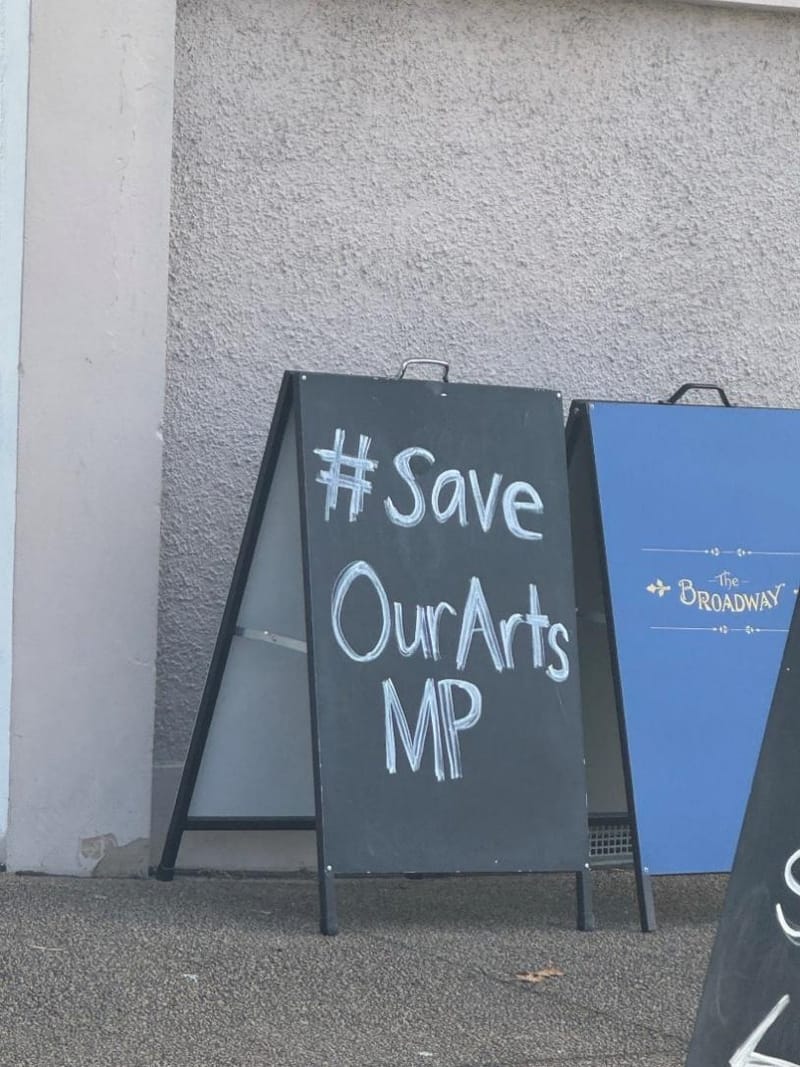Big energy makes for bad climate politics
🔗 [SYSTEM UPDATE] Link found. Timestamp incremented on 2025-11-26 13:55:13.Big energy and politics lies in the way of Australia meeting its Paris Agreement goals, experts say. BEN GIBSON-PERRY reports.

By BEN GIBSON-PERRY
Big energy and politics lies in the way of Australia meeting its Paris Agreement goals, experts say.
The Paris Agreement was cause for celebration globally as the world agreed to limit global warming to 1.5 degrees above preindustrial levels.
However, only a couple of years on since the historic signing and Australia is looking increasingly unlikely to meet even its most modest of targets.

Monash Climate Change Communication Research Hub director Dr David Holmes said he believed Australia would fail to meet its Paris commitments and that the fossil fuel lobby was to blame.
“Currently Australia is not on track to meet its Paris Agreement targets. We’re meeting the Kyoto Protocol, however they’re very generous, in fact we can increase emissions and still meet it,” Dr Holmes said.
PM Scott Morrison recently told 2GB that “the business-as-usual model gets us there in a canter”.
Yet an analysis of Department of Energy and Environment figure in The Guardian shows Australia is on track to miss both its 2020 and 2030 targets, which require a reduction of 5 per cent on 2000 levels and a 26 per cent to 28 per cent reduction on 2005 levels respectively.
Dr Holmes said the fossil fuel lobby, especially the minerals council, was "very powerful and very effective at lobbying both sides of politics".
"For every dollar that’s donated to major political parties, those companies receive 2000 per cent in subsidies for their industries,” he said.

New Matilda’s national affairs correspondent Dr Ben Eltham was critical of the lack of transparency that surrounded political donations in Australia.
“We need wholesale reform, particularly around donations, transparency and lobbying, Australia has one of the worst systems in the world for political donations transparency,” Dr Eltham said.
“All donations under $12,500 at the federal level are blind and do not have to be disclosed. Any entity can donate an unlimited amount of money secretly by simply parcelling it up.”
The recent International Panel on Climate Change’s report recommendation of phasing out all coal may have sparked its dismissal by policy makers in Canberra.
Dr Holmes said scientists weren't always listened to by politicians.
“Unfortunately, is seems that in Parliament it’s very ideological, to the point where they don’t listen to the scientists … this was the best possible peer-reviewed advice that the world could offer, yet this was rejected by individuals in Canberra,” he said.

Dr Eltham said the culture among conservatives could be contributing to Australia’s lethargy to act on climate change.
“For people who identify strongly as conservatives, opposition to action on climate has become something of a badge of honour, or a way that they can show that they are part of the conservative tribe,” he said.





